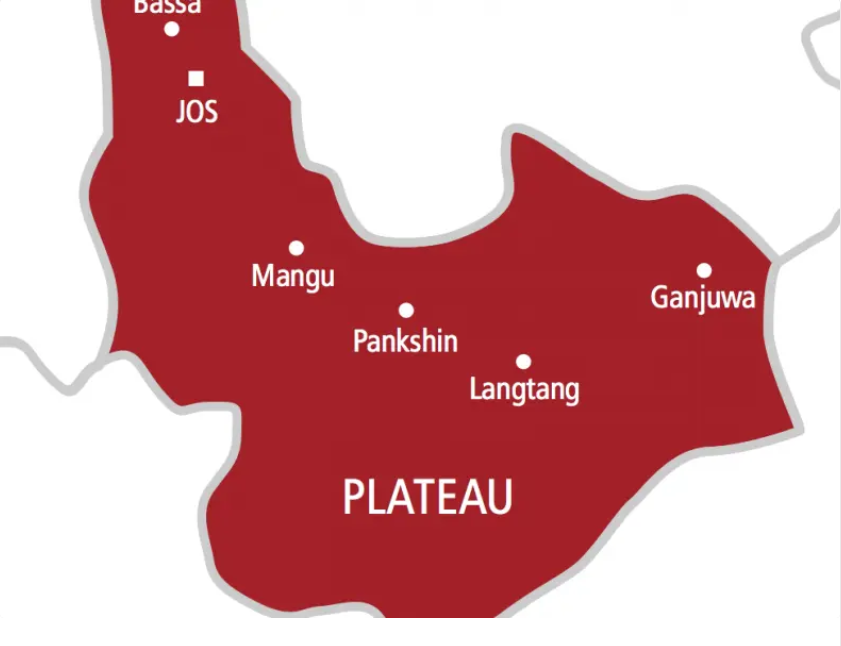The Freedom of Information Act, 2011 when deployed, ought to make public records and information more accessible to an interested Nigerian who requires such.
The Act also protects serving public officers from negative consequences if they on request disclose certain official information without the unnecessary bottleneck associated with getting such information.
The FOI Act forbids a public institution from denying an interested citizen access to the required information without stating the reasons in writing for the denial and the citizen also has the right to challenge such a refusal in the law court.
Sec 1 (2) of the Act says “an applicant under this Act needs not to demonstrate any specific interest in the information being applied for,” and Sec 4 states that “Where information is applied for under this Act, the public institution to which the application is made shall, subject to sections 6, 7, and 8 of this Act, within 7 days after the application is received – (a) make the information available to the applicant; (b) where the public institution considers that the application should be denied, the institution shall give written notice to the applicant that access to all or part of the information will not be granted, stating reasons for the denial, and the section of this Act under which the denial is made.”
The FOI Act has been around for about 12 years but very few Nigerians, especially occupants of public offices are aware of the Act and its contents. An attempt by a citizen to deploy it to obtain information that should ordinarily be in the public domain is sometimes met with stiff opposition by some public officials.
In Plateau State, it appears many public officials are oblivious to the Act judging from the ridiculous responses some of them give when the Act is deployed to obtain information hence the need for an orientation to be given to them to enable them to understand what needs to be done when the need arises.
Attempts by this reporter to send the FOI requests to some government institutions including the Plateau State Bureau of Public Procurement, the State Primary Healthcare Board, the State Universal Basic Education Board and others seeking clarifications on some incomplete information obtained from the State Open Contracting Portal, OCP exposed the gaps that need to be filled if the Act is to be effectively utilised.
The ambiguous information on the said portal about some renovation works at the PHCs at Vanderpuye, and Garba Daho Wards in the Jos North local government area as well as those of some projects carried out at GJSS, Sot Vwang, and at the Obasanjo Model School all in Jos South local government area were questioned and clarification sought.
But a month after the requests were made, the information is yet to be released and several reminders have been ignored. For instance, in one of the offices, the Director of Administration who is responsible for the release of the information told this reporter on the phone, “You know the political situation in the State, you did not use a letter-headed paper to write the request, I am protecting my job, you can write to the Governor for approval before I will comment.”
At another office, excuses given were that “the Management staff are away on an official trip and the response would come when they return.” at the time they returned, it became, “I don’t know you in person, we need to know you before we know the kind of information we are giving out.”
Another verbal response was, “You can’t get the information here, the former occupants of the offices went away with some documents, we met nothing here, maybe you can check elsewhere.”
However, the State Commissioner for Information and Communication, Musa Ashoms expressed dismay when his attention was called to the development as he said, “This ought not to be, the Governor can’t be everywhere that is why the people in the offices are working on his behalf. The governor has never stopped anyone from having access to such information more so that the FOI requests were made. This is about ignorance and now that it has come to our attention, we will give the needed orientation so those in public service understand the Act.”
Although the Media Rights Agenda, MRA and other CSOs are making efforts to sensitise citizens especially media practitioners to make use of the Act, it is time for all stakeholders to aggressively sensitise public officials, especially at the State and Local Government levels so they understand the Act, its contents and expectations so that the Act would not be left on the shelves without being implemented.



